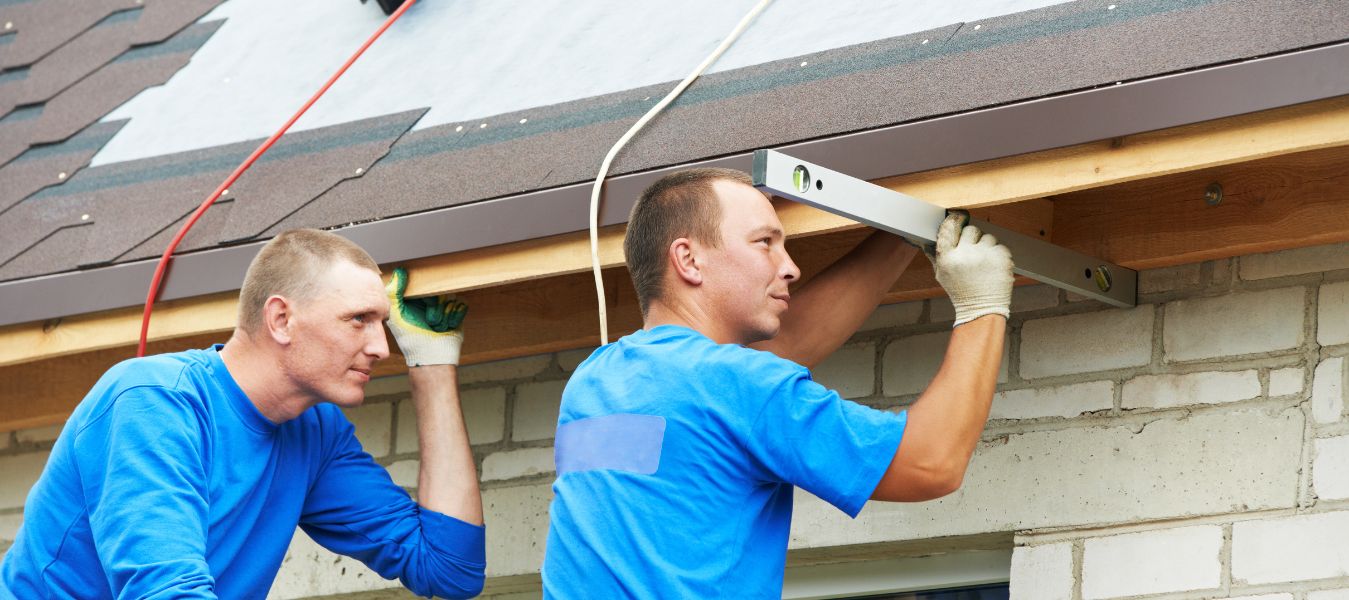
What Is Involved In Roof Restoration?
In the past, asbestos was extensively used in Australian homes, including roofing materials. Due to the health hazards associated with asbestos, its use was phased out over the years. If you have an older home and are considering roof replacement, it’s crucial to be aware of the potential presence of asbestos. Hiring a licensed asbestos removal service is essential to ensure safe and proper disposal. Let’s explore the key aspects of asbestos removal and roof replacement costs in Sydney.
Asbestos in Australian Homes:
Before the dangers of asbestos were known, it was widely used due to its durability, insulation properties, and affordability. Many fibro homes were constructed using products containing asbestos, such as corrugated asbestos roofing sheets, exterior cladding, and interior cladding. Asbestos was also found in ceiling insulation, pipes, vinyl flooring, guttering, and downpipes. The risks of asbestos exposure led to its gradual phasing out, but its complete removal only occurred in 2003.
Health Hazards of Asbestos:
Asbestos is linked to a type of cancer called mesothelioma, and thousands of Australians have lost their lives due to asbestos-related diseases. Even with its phased-out usage, the health risks remain, and experts predict a significant number of asbestos-related deaths in the future. Disturbing asbestos releases harmful fibers into the air, which can pose serious health hazards to those exposed.
Importance of Hiring a Licensed Asbestos Removal Service:
Attempting to remove asbestos yourself is dangerous and potentially life-threatening. Licensed asbestos removal services are equipped to handle asbestos safely, wearing protective gear and minimizing disturbances to prevent fiber release. To distinguish qualified professionals from unqualified ones, verify their license type: unrestricted for all types of asbestos removal and restricted for “non-friable” asbestos.
Asbestos Removal Costs:
The cost of asbestos removal varies depending on the type of material and location. Non-friable asbestos removal is typically less expensive as large sheets like cladding, roofing, or guttering can be safely removed. The approximate costs are as follows:
– $45 per square metre for easily accessed and removed asbestos materials
– Up to $100 per square metre for more complex asbestos removal services
– Up to $450 for tipping costs
Roof Replacement Costs:
Roofing costs depend on various factors, such as the material and size of the roof. When considering roof replacement, these are the approximate costs:
– Concrete tiles: $40 to $60 per square metre (m2)
– Steel roofing: $50 to $70m2
– Terracotta roofing: $80 to $110m2
– Traditional slate roofing: $200 to $500m2
For asbestos roof replacement, the costs may be:
– $15,000 to $20,000 for replacement with Colorbond
– Prices may vary based on location and other factors.
Asbestos is a hazardous material that requires professional handling and disposal. If you’re planning roof restoration in Sydney and suspect the presence of asbestos, hire a licensed asbestos removal service. By doing so, you’ll ensure the safety of yourself, your family, and the public. Understanding the costs associated with asbestos removal and roof replacement will help you make informed decisions about your roofing project.
Get your free quote here.

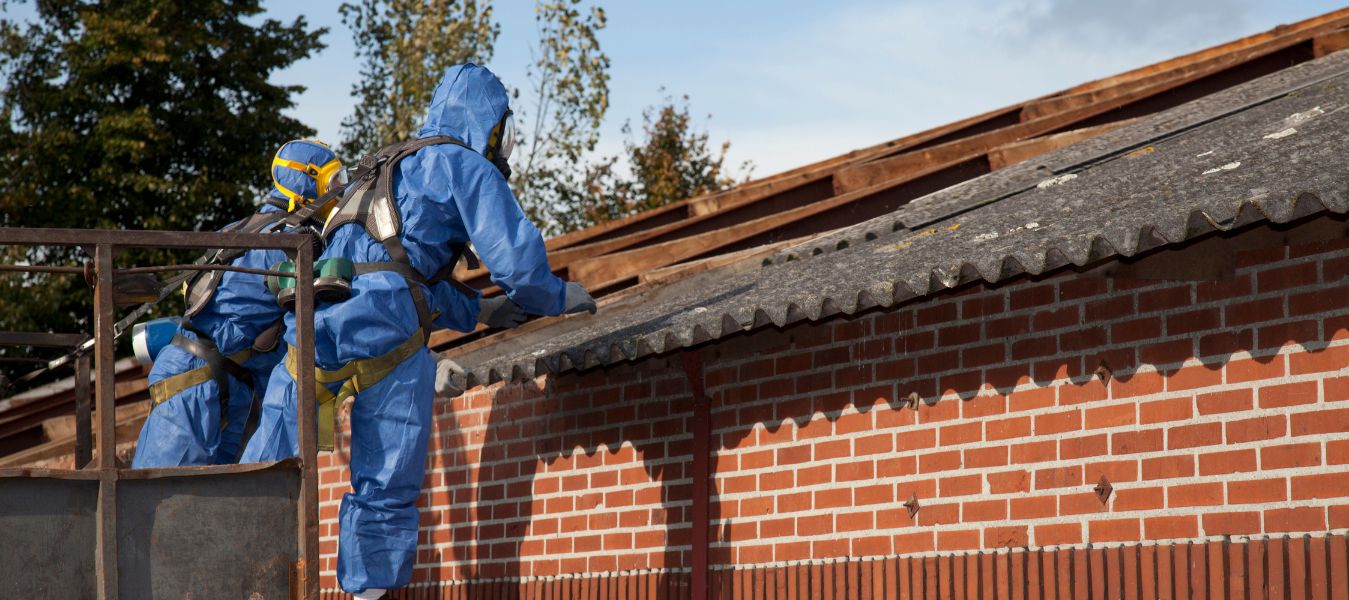
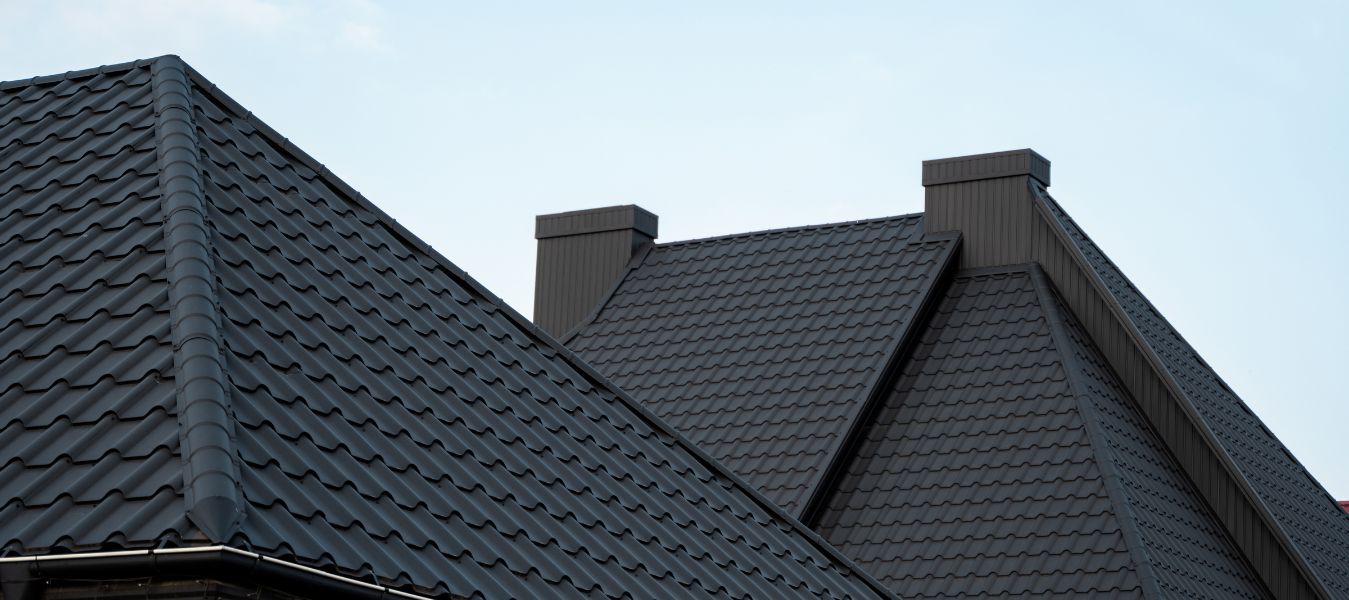
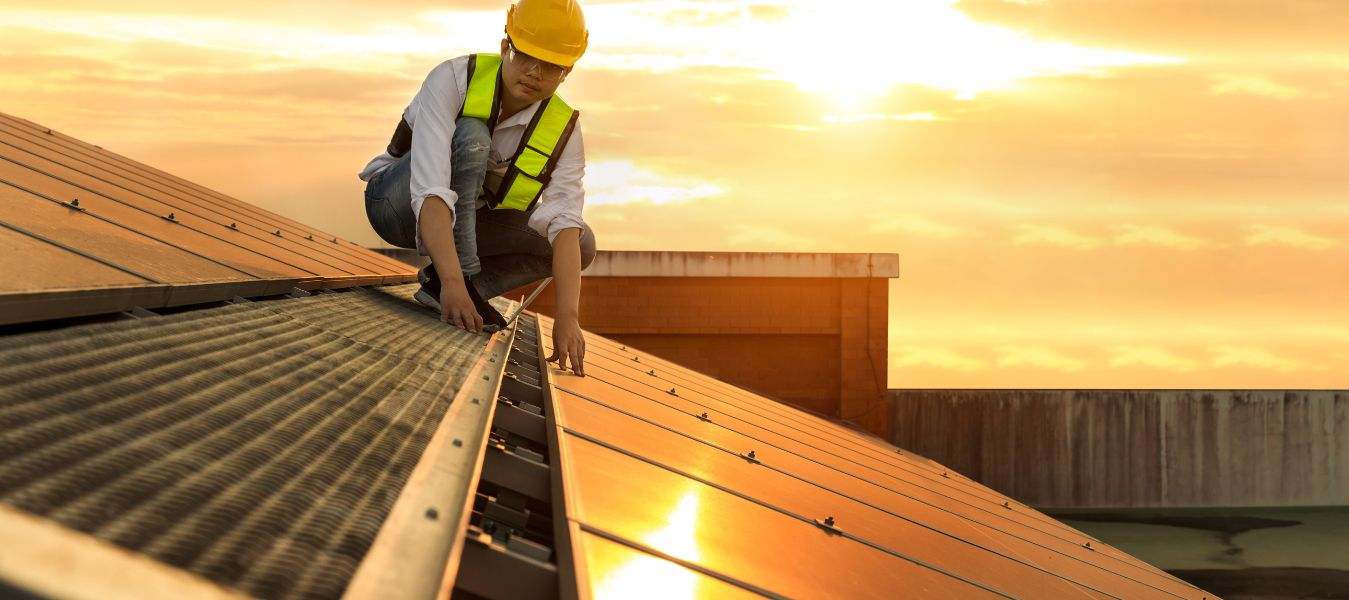
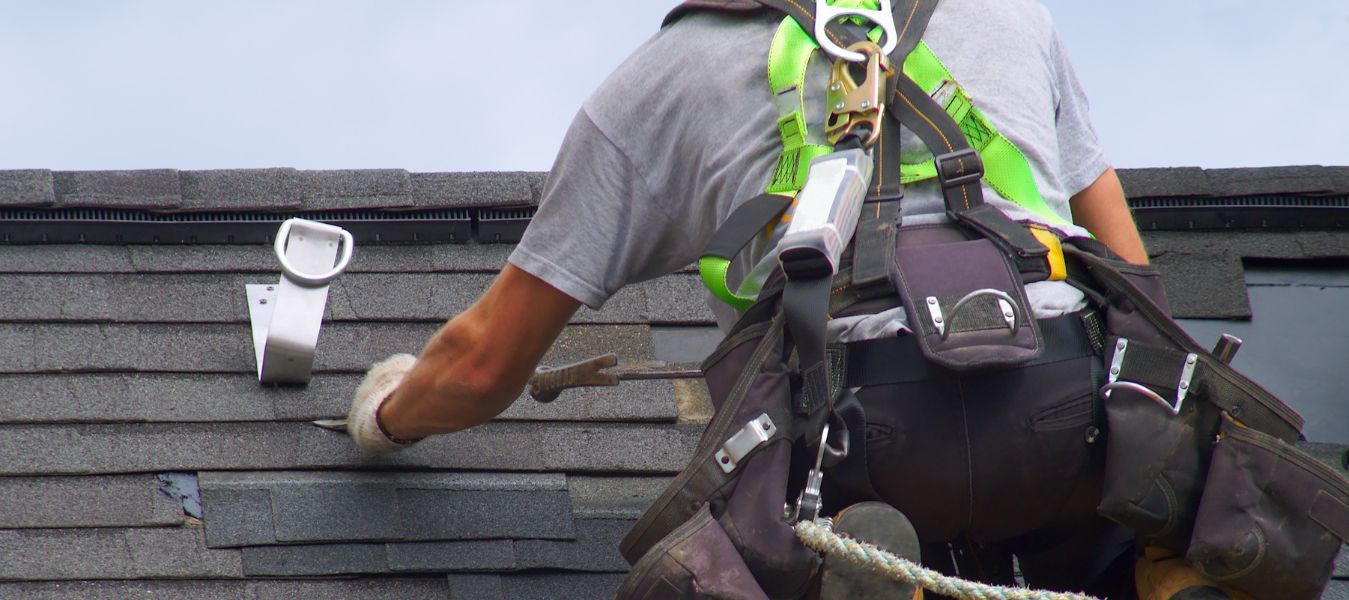
Recent Comments